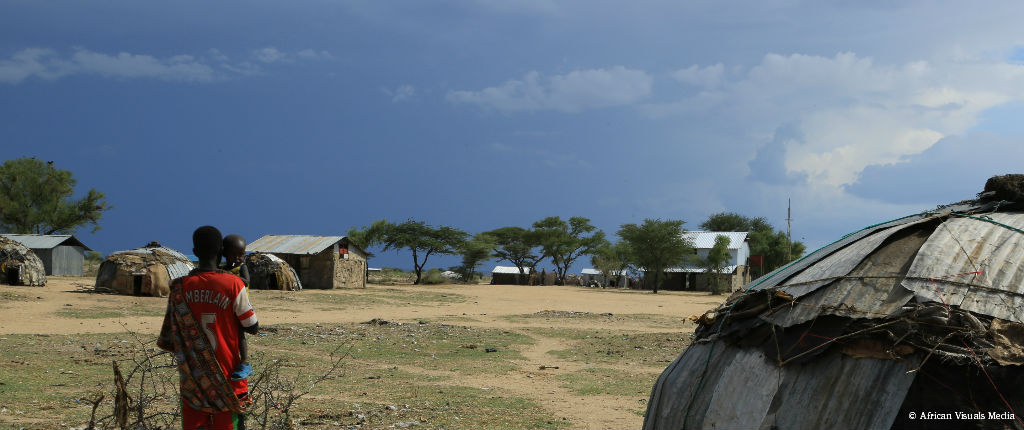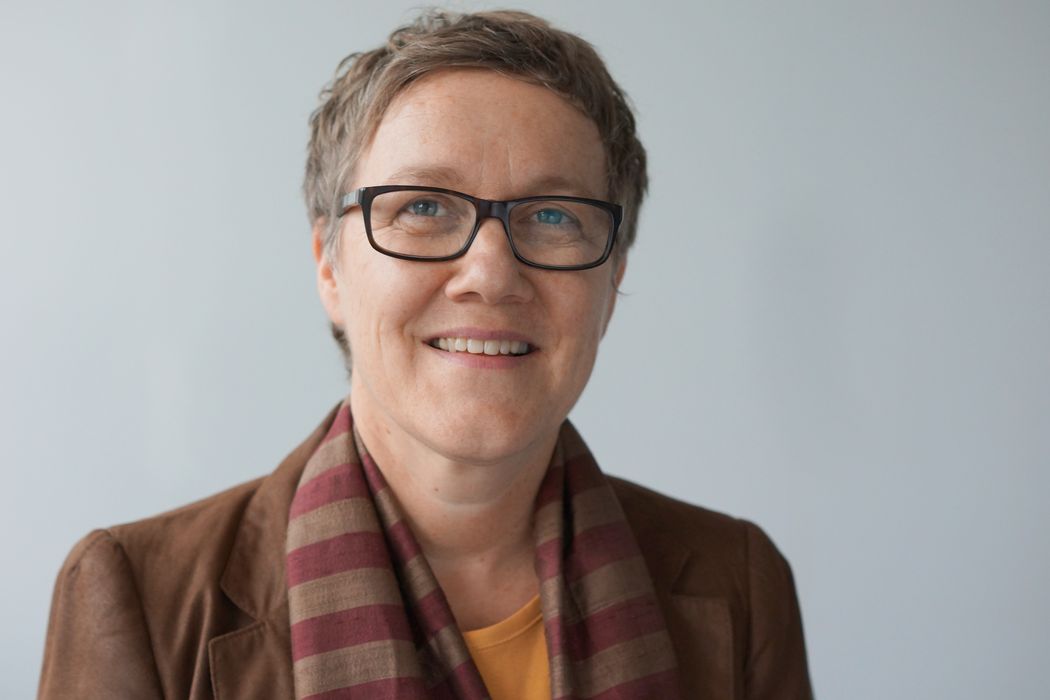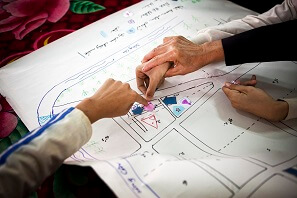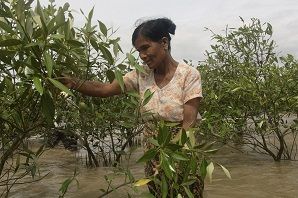
Health and climate
A time for action for our common home
"From 7-8 July 2016, I attended the second global health and climate conference, in the wake of the 2015 UN Climate Conference, which took place in Paris hosted by the Government of France. The high level conference was attended by Queen Letizia of Spain and Ségolène Royal, the French Minister of the Environment amongst others. Mrs. Royal proposed key measures for the implementation of the 2015 Paris agreement to reduce the health risks related to climate change. It was very positive that experts from the nutrition, water, and agricultural sectors were present, as it is clear that no single actor or sector can solve this complex global problem.
We know that the climate has always changed over thousands of years, but what is new is that it is changing at a high speed. The main contributor to this is the use of fossil fuels, which create greenhouse gases that cause the temperature to rise. Although an increase of just 1.5-2 degrees Celsius sounds small, for our delicately-balanced global environment it is a crucial difference!
The chilling effects of global warming
We have evidence that even such small changes in climate can cause more frequent and widespread disease epidemics. Cholera outbreaks, for example, are occur more frequently, while ‘tropical’ diseases like dengue fever become more widespread. Alongside these indirect effects, the changing climate itself causes problems in the form of extreme weather events like heat waves and floods; while threatening the food supply in many parts of the world by changing the habitat of game, fish, and livestock – making agriculture more difficult.
At the same time, the emissions that cause climate change are themselves having a negative effect on human health. Nearly seven million people each year die from diseases caused by air pollution such as lung cancer and stroke.
Experts predict that by 2030 climate change will cause an additional 250 000 deaths each year from malaria, diarrhoeal disease, heat stress, and undernutrition alone. The heaviest burden will fall on children, women, older people, and the poor – further widening existing inequalities in health outcomes. Meanwhile, the disruption of livelihoods in low-lying coastal zones and small island states threatens mass population displacement Globally, violent conflict associated with resource scarcity and population movements, as well as a slow-down in economic growth and an increase in poverty could be amongst the negative consequences of climate change.
A new coordintated approach
Under Pope Francis, the Church has been seeking to set the tone on environmental issues, and I have never been at a conference where our Pope has been referred to so often. As Pope Francis wrote in his encyclical Laudato si’: “Technology, which, linked to business interests, is presented as the only way of solving these problems, in fact proves incapable of seeing the mysterious network of relations between things and so sometimes solves one problem only to create others.”
Tackling climate change and its causes is a challenge that needs a sensitive, coordinated, and holistic approach, but the benefits of doing so will reach far beyond merely averting ecological disaster. By taking measures to reduce greenhouse gases, we can protect and promote health for whole communities. However, the effects of climate change can already be seen around the world, and there needs to be heavy investment in adaptation measures. This includes improving the resilience of health systems and essential services such as water and sanitation, protecting the livelihood and food supply of vulnerable communities, and making sure that they are prepared for any natural disasters that they may face."

by
Dr. Marie Benner
former Malteser International Senior Health Adviser
"Experts predict that by 2030 climate change will cause an additional 250 000 deaths each year from malaria, diarrhoeal disease, heat stress, and undernutrition alone. The heaviest burden will fall on children, women, older people, and the poor..."
Video
Climate Change Adaptation and Health: It is time to act
This short animated film aims to inform viewers in an entertaining and easily understandable way about the impacts of a changing climate on human health. The film informs on direct and indirect consequences for human health caused by natural disasters or altering permissive environments for malaria and dengue fever. Copyright: HealthyDEVs, BMZ










